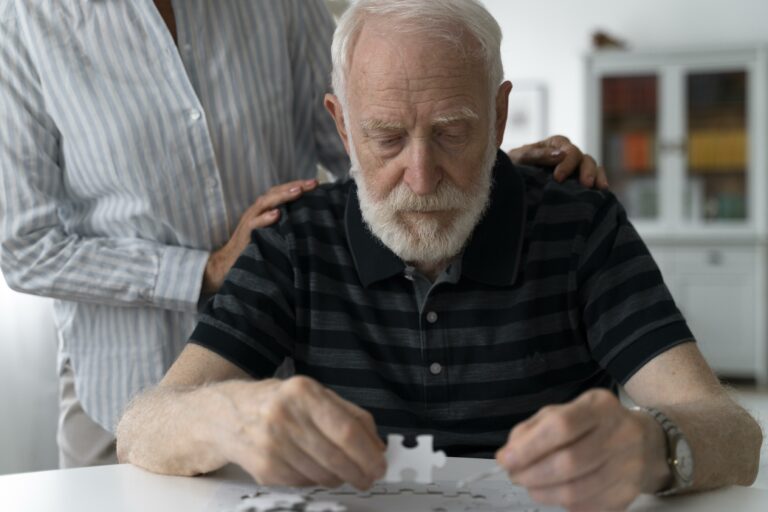
Caregiver Guardianship: A Dementia Challenge
Guardianship plays a critical role in dementia-care. Explore the legal implications and best practices. Ensure dignity and quality of life for your loved one with dementia.

Guardianship plays a critical role in dementia-care. Explore the legal implications and best practices. Ensure dignity and quality of life for your loved one with dementia.

What do today’s Tsimane people have in common with ancient Greeks and Romans? A remarkably low rate of dementia. What’s their secret?
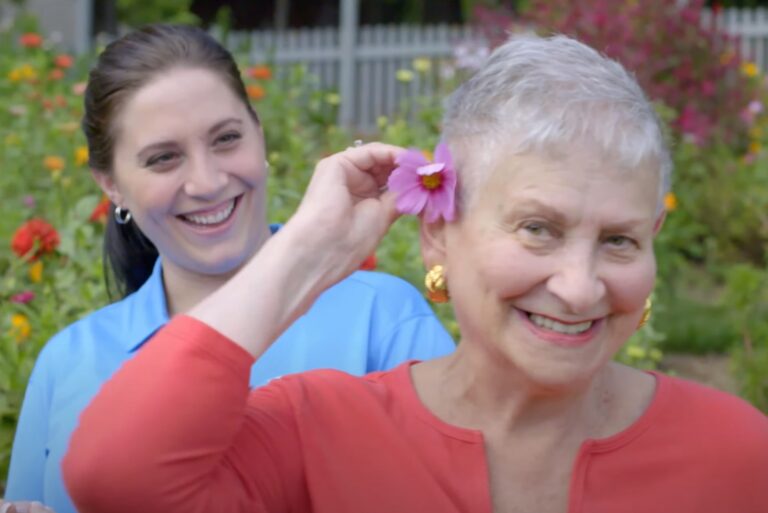
Caring at home for Alzheimer’s or dementia? Comfort Keepers partnered with Dr. Alexis Abramson, Emmy Award-Winning Journalist and Gerontologist. See 10 tips to enhance each day.
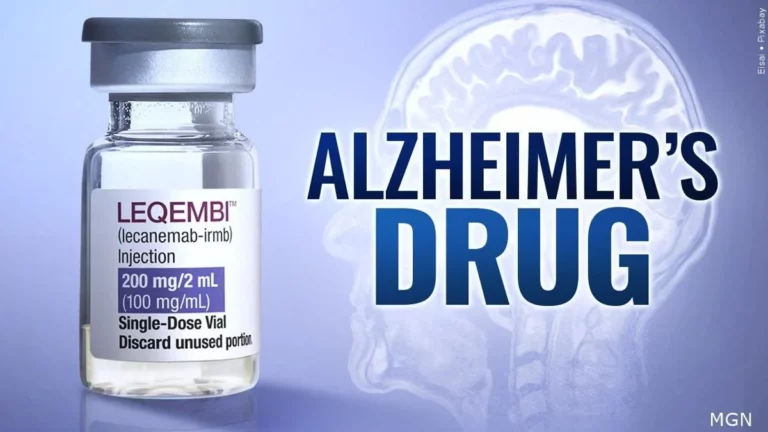
Biogen reprioritize resources allocated to ADUHELM® to advance LEQEMBI®.
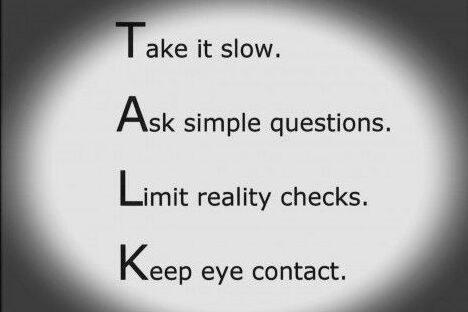
Take it slow. Ask Simple questions. Limit reality checks. Keep eye contact.
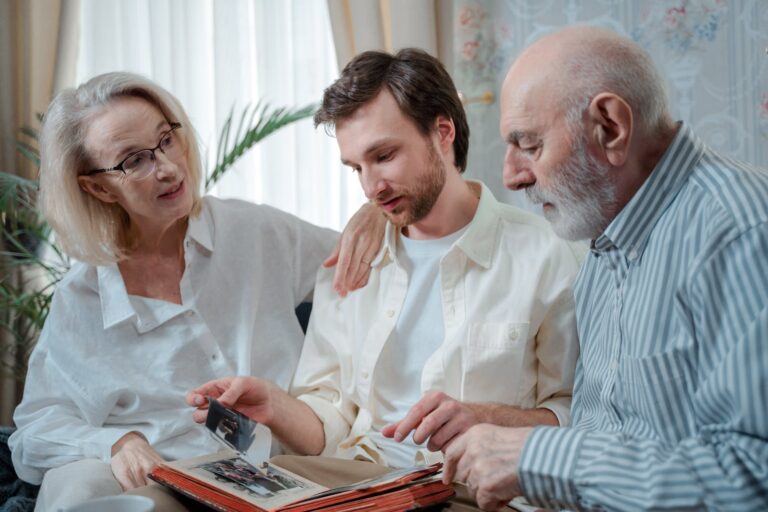
Learn to use photos and photo albums as a fantastic dementia activity. See how they easily reduce social isolation and depression, providing comfort to people with dementia.
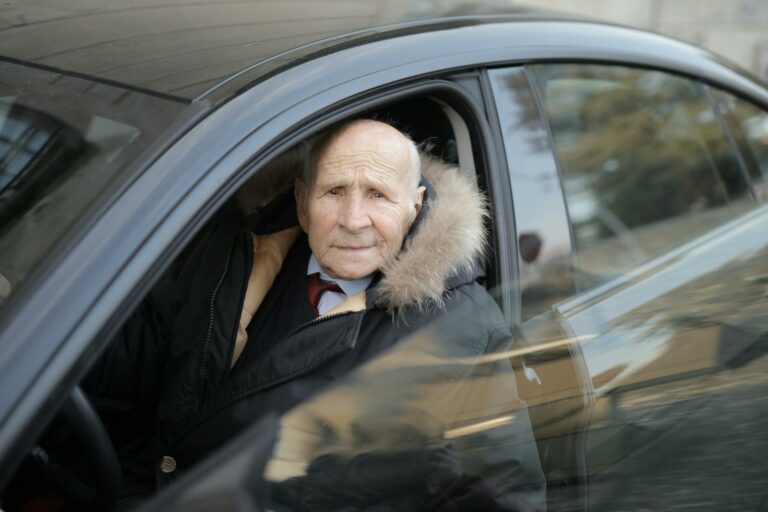
TEEPA VIDEOS: Half of all drivers over 65 who died in traffic accidents had Alzheimer’s symptoms. Watch Teepa demonstrate how to get your loved on to hand in the keys.
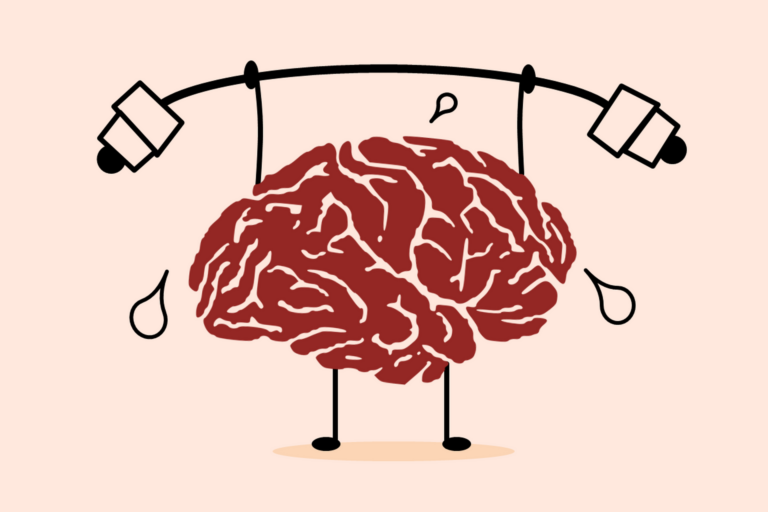
VIDEO + ARTICLE: Studies show this 5-minute workout wakes up your brain cells by exercising the right body muscles. Rated as a top exercise for people aged 50+, it’s low-impact and highly effective. Go ahead, it’s easy!
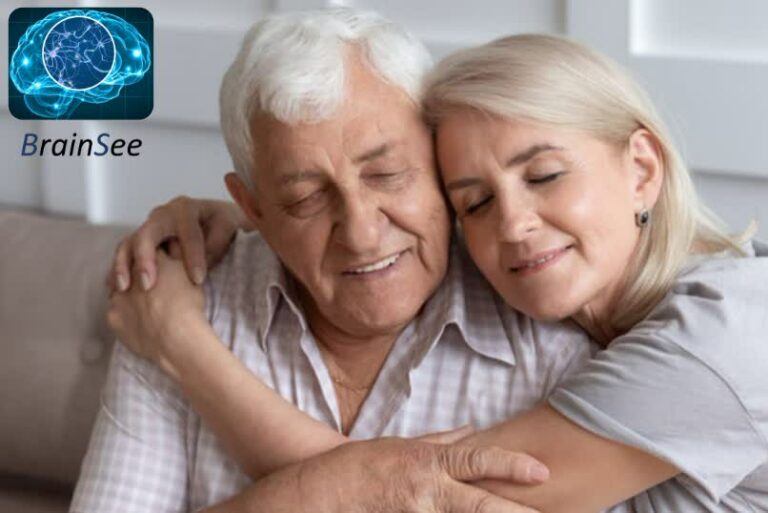
The BrainSee Alzheimer’s Test represents a cost-lowering advancement in diagnostics. It offers a fully non-invasive, convenient, and globally accessible screening solution.

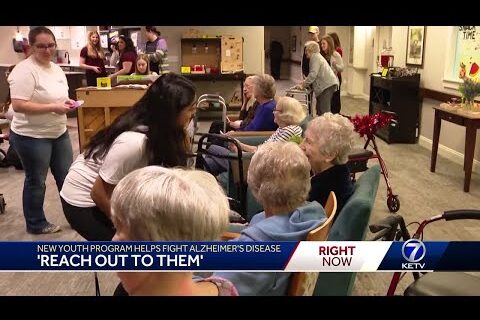
Young high-schoolers visiting an Alzheimer’s Memory Center find out how little it takes to make a big difference. Handing out Valentine’s Cards to residents, see them brightening up everyone’s lives!

A new analysis of the benefits of these Alzheimer’s treatments scores the days and ways patients succeed in living independently.
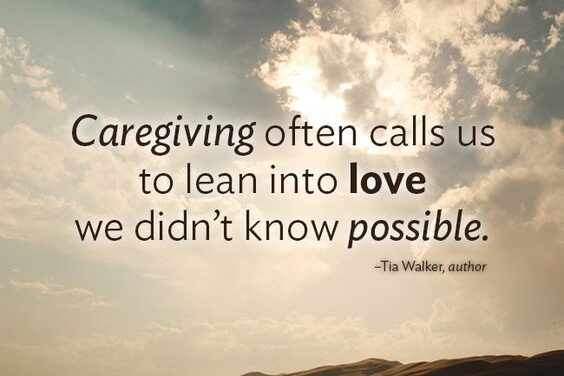
Caregiving often calls us to lean into love we didn’t know possible.

SHORT-TERM MEMORY lapses are obvious signs of Alzheimer’s, but other tell-tale signals begin to show much earlier. Learn how to look for semantic impairments, such as simple questions about size.

Three important dementia studies focus on HS-AGING, a type of dementia almost as common as Alzheimer’s in the 85+ group. Yet few people have heard of it. Why? What makes it different?

An intriguing study of 120 grandmothers might surprise you. Doctors know socially engaged people have better cognition and less dementia. But can a person get too much of a good thing? What’s the right balance?

Enjoy this great duet between a musician with dementia and his son. A triumph of spirit over Alzheimer’s! Sing-a-long if you like!
No spam, only news and updates.


